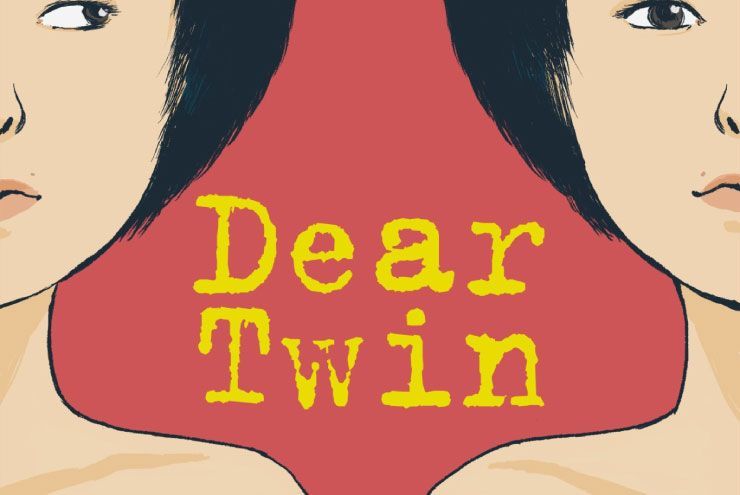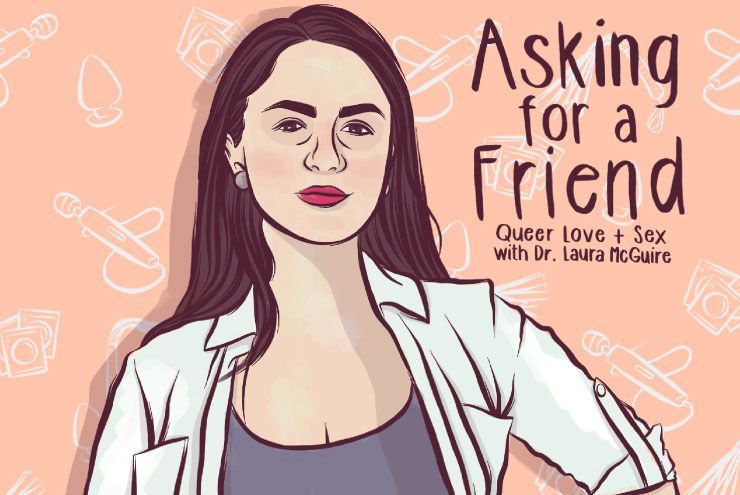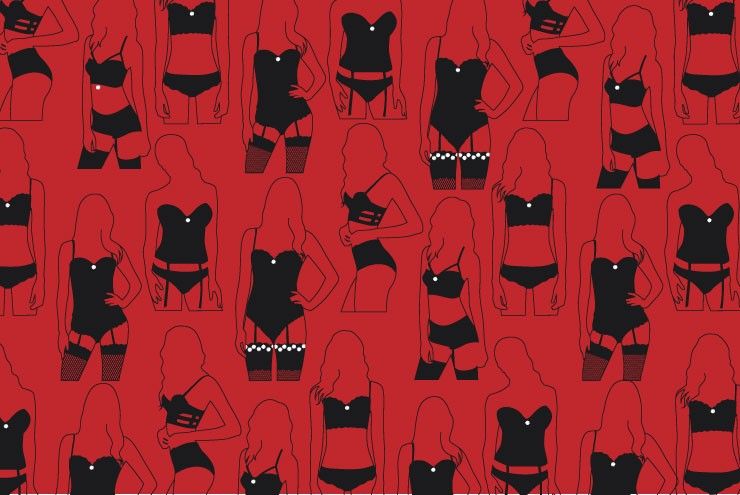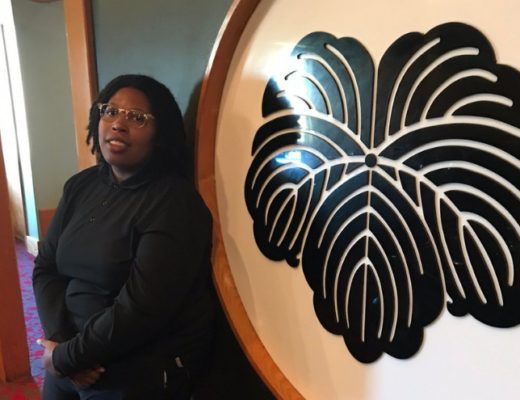By Melanie Pang
On a stiff hotel sofa in Waco, Texas, I took out my phone and braced myself to begin reading Dear Twin, author Addie Tsai’s first semi-autobiographical queer, young adult novel. It was October, and I was in Waco for a work event, when I realized I had down time to fill before I had to leave. Her book had been sitting in my inbox since September, and I had failed to start reading it sooner because, 1) I procrastinate, and 2) though Tsai and I have been friends since 2010, I wasn’t sure it was going to be my cup of tea. From Poppy Uzamaki’s (the main character) silver Toyota Corolla, to the letters she pens to her distant twin, Lola, the novel made my jaw clench. The experiences may seem unique, but the way the emotions surface feels as though my own secrets were being told. I was hitting peak stress levels wondering about the outcome of Poppy and Juniper’s romance when I looked up at a clock—I had nearly missed my check-out time.
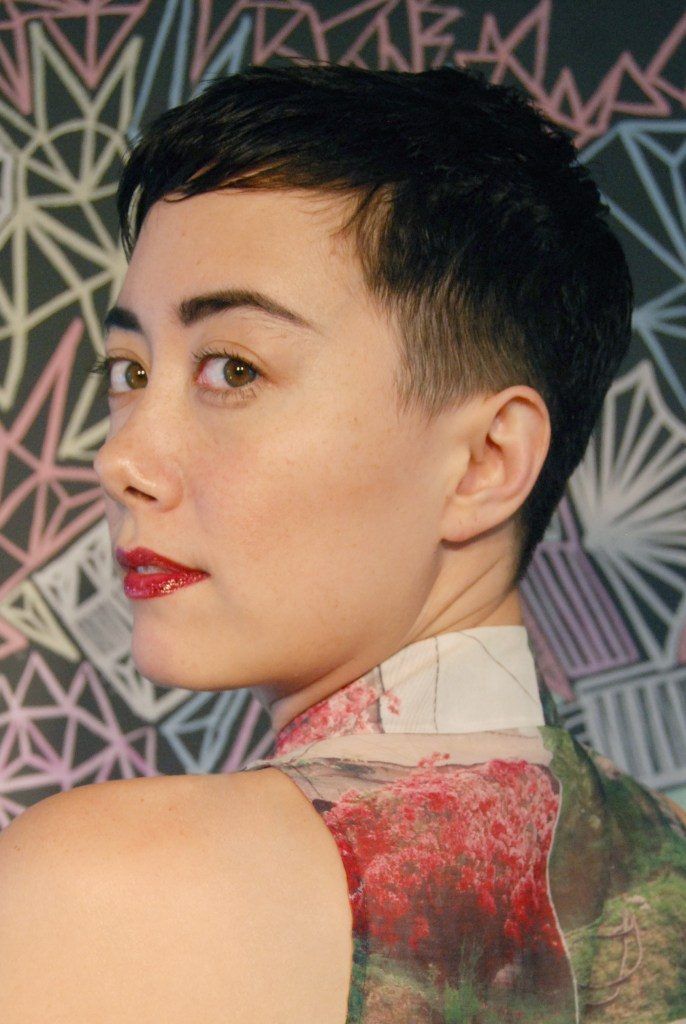
‘Dear Twin’ author Addie Tsai. Photo: Cutloose Salon
Tsai and I have traded stories for years about our sometimes scarily parallel lives: two queer, bi-racial Asian Americans living in Houston, Texas, raised by Chinese fathers, targets of microaggressions, and witnesses to trauma. We would joke that, if I ever wanted to know about my future, I could just ask Tsai what her life was like five years prior. After reading Dear Twin, I realize that this type of fortune-telling is possible because of the multiple vistas from which Tsai views her own experiences and seeks to understand every person within their context. For as long as I’ve known her, she has been patient and resilient enough to sift through pain—hers and others—not just to make sense of it, but also to make use of it. In Dear Twin, I watched young Poppy process the struggle of trying to do what’s right by her family, yearning to be close to her twin who has disappeared.
Once back in Houston, Tsai and I sat in my living room to discuss the book, while eating two different brands of chocolate chip cookie dough ice cream—keeping consistent with our multi-faceted lives, we couldn’t pick just one.
On writing a queer young adult (YA) novel
Melanie Pang: Without this becoming therapy—
Addie Tsai: Which you know, I would have no problem with. I love therapy! [laughs]
When I first looked at the book and I wanted to read it, I thought of it as this potentially playful story. And come to find out, it’s really quite dark and intimate. You really bring something to the forefront that I think a lot of Asian people would take to their grave.
Mm, mmhmm. [Mumming in thought] I have a great ambivalence, especially around how I’ve depicted the father in the book. I don’t want to be accused of, or thought of, as demonizing the Asian father or extending this Asian father archetype, but I also grew up with Judy Blume, which meant that I grew up in an era of YA where YA literally taught teens and adolescents things they may have not been learning from their parents.
Judy Blume taught girls how to deal with periods, and boys, and other heavy issues for young kids in a way YA is not doing now. YA is entertainment and super adult; Twilight really changed the fabric of young adult forever, I think. And then Hunger Games, Divergent—they kicked off this very adult type of entertainment, and with Twilight we saw this shift in the genre where adults were also reading the genre, so now YA books are being written…with the idea that there might be this market for adults reading it.
I really wanted to write a book that would help young people, or even people our age looking back at their youth—a book that would help with issues I went through but couldn’t talk about with anyone around me.
It’s a very autobiographical novel, and it’s dealing with things I was really struggling with where there was nowhere—no book, no film, no person—I could really turn to. If one young reader has experienced anything related to what I write about in Dear Twin, it will feel like a success. I don’t even need two, just one! [laughs]
That’s part of the book’s darkness.…I was also getting tired of the way twins were appearing in YA; most of the twins were a trope, they were often an easy way to give a main character multiple siblings without having to define them as different people. Or good-evil twins or having them say the same thing at the same time—you know, these very cheesy twin things that had been done forever. So, I wanted to write a book about twins that centered one twin—an individual twin. But it’s also about the very difficult twinning/individuation twins have to negotiate that I don’t see being talked about in almost any book that deals with or references twins. What does it mean to have to witness and hold space to witness the abuse of a family member, and a twin, especially? There’s the person experiencing the thing, and the people [around them], and I don’t think the witness position is talked about enough as its own very important experience or embodiment.
On being an individual and a twin
Melanie Pang: We relate on so many levels already. And when I read this book, I realized there’s this whole other thing we share in common, in terms of my own family’s struggles with family members who are emotionally distant. And feeling a certain level of helplessness and obligation. This theme of protection is very prominent to me. When I think of twins, I think of people supposedly seen as equals in responsibility. So, what made [the concept of] protection come up? It was told to you that your sister is your responsibility; was that ever told to your twin?
Addie Tsai: No. I took it as my job…because there was always something going on with her, there was always attention. She sees the situation as the exact opposite somehow—that everyone loved Addie and they thought there were things wrong with her. But I felt she was victimized and mythologized in the family. I felt they were spending time thinking about her in a way that they were not paying attention to me. I was also not willing to make different choices or ‘act out,’ so I think I became a fixer as a way to get attention from them.
Do you still see yourself as a fixer?
[Laughs] After 20 years of therapy, I would have thought I would’ve gotten rid of the impulse, but it’s clearly alive and well, and now I’m just trying to have better boundaries around it.
[I’m going to want] to help people I care about and that I think need help. But I’m trying to be better about what I need first, before spending so much time worrying about how to save other people. In therapy, the big lesson I learned was that there was some kind of control and ego around the fact that I believed I knew what was best for someone else. That was the big lesson I learned: to believe you can save someone is also implying you think you know what they need better than they do. And of course, there’s some kind of avoidance…by taking care of someone else. It’s an easy way to feel like you’re doing something without actually dealing with what you need. And also I realized I was saving people in ways I had hoped people would have done for me.
On living as a bi-racial person in America
Melanie Pang: One of the things that connected most for me in your book was language. You mentioned something about how you felt that you and your Dad could never have a certain softness because of never quite speaking the same language on many levels. When it comes to being bi or multi-racial, I feel like language is such a big unifier or divider within families—was there ever a competition of closeness and language with your twin or did you feel like that was not—
Addie Tsai: Like between the parents and us or between each other?
The parents and you [two].
That’s a good question.
There’s this moment in the back of the car…I think we were adults, and I said something about yéye, my grandfather. You know, we know very few Mandarin words but năinai (grandmother) and yéye (grandfather) came from when we were very young. I said something about yéye and my sister said, “Why are you saying it like that?” Meaning, why am I saying it the way it’s supposed to be said? She was like, “We always said, yay yay. We never said yéye.” I had no idea what she was talking about, but I found it interesting she was upset with me, as though we had this shared word that was inaccurate and that somehow I was putting on some sort of air by saying it [correctly]. So it seemed less like we competed with each other toward a parent, but more like…it was some sort of action against her, which is really the complicated issue of being twins.
There’s always this kind of [question]: Are you trying to attach to the parent, or are you trying to attach to the twin? And I think, psychologically, you’re in a circumstance in which you’re supposed to be able to do both at the same time, and it’s impossible. So, if I bond with my mother, I’m leaving [my twin] out, if I’m not bonding with her, I’m not attaching to the mother. But I always remember her having said that to me, because I thought it was interesting I was supposed to take on not knowing how to speak the language.
Like, I thought you were in this not-knowing with me.
Right, together.
Now that you’ve tried to adopt this accent or inflection, you’re somehow trying to differentiate yourself from me.
Yeah, I think so. In terms of my mother, she’s from Tennessee, so there’s a whole other language situation…
[Laughs] Situation?
[Laughs] Yes, there was this time we went to see my relatives in 7th grade, and I feel like my sister started to adopt this very southern accent in a very short amount of time, which was another thing: we felt like when we adopted things, it pulled us away from each other.
My brother’s been living in Taiwan for close to 15 years. He didn’t grow up there, and he didn’t speak the language, but he learned it later. He doesn’t come home often, maybe once or twice since, and even though I feel a little jealous that he knows Mandarin now, I definitely don’t feel distant from him in the same way maybe my sister or I would have felt if it was one of us.
How was navigating race for you individually and then also as part of a pair?
I had a lot of imposter syndrome because we were seen as Asian, we spent every day eating Chinese food and being around my father’s community, but we were not given any tools to access that world. We would go to rehearsals with my dad; he would throw us in a corner with books while this whole world unfolded in front of us. But we weren’t given any way to participate. So it has taken me a long time to accept the ways I’m Asian, or not Asian. And, as I’ve gotten older, I’ve met other bi-racial Asians or other Asian people who feel just as confident in their identity within the same liminal feeling. Just because you can’t speak the language doesn’t mean you can’t claim this identity. That’s just one aspect of the cultural expression; it doesn’t have to be the whole aspect. The more time goes on, the more we are embracing Asian American as a very specific identity that comes with all these questions…
I was always questioning these issues of assimilation without realizing it, but still trying to assimilate at the same time, because I thought that was what was going to make my life easier. My father had taught me “don’t burn bridges” and get along with people, understandably, because he wanted me to succeed, and he thought that was the way for me to succeed.
But I remember when I was in college, at first I was a journalism major, and I took this media and society course. We had a substitute and he said something like, “And in China, they use radio for their main source of media information more than any other medium.” This substitute did not know me, and he looks straight at me, and he’s like “Do you agree with that?”
I said, “Sure?”
“Are you saying that based on your personal background?”
He didn’t even take the time to ask, “Oh, are you Chinese? Are you from China?”
I think I said something like, in a lowered voice, “I know there are Chinese radio stations in Houston.” He just said, “Oh, okay.”
I remember, because I had a boyfriend at the time who was white, and I was 19, and I came home and he was angry about it. He said, “There’s nothing wrong with someone making an assumption.” I was very angry! It was one of those moments where I started to develop a consciousness and a social impulse—something was happening in my brain that said I’m not going to keep assimilating if this is what’s going to happen.
I didn’t know the word “microaggressed” at the time, but if I’m going to be microaggressed or called out—that was a year after my first serious boyfriend who, in the grocery store, told me after I asked if he had ever dated an Asian woman before, said “Oh, I thought Asians looked like aliens.”
I looked at him, and he retorted, “Oh, but you’re not really Asian.” Nobody was talking about being mixed in the ‘90s and early 2000s. Not in a positive way. I’ve been called half-breed, and asked, “What are you?” by people I worked with.
On Houston, Texas
Melanie Pang: You mentioned the context of the city of Houston. I find it really interesting you’ve had all of these confrontations about race in a place that is so diverse. Was there a reason for setting it in Houston?
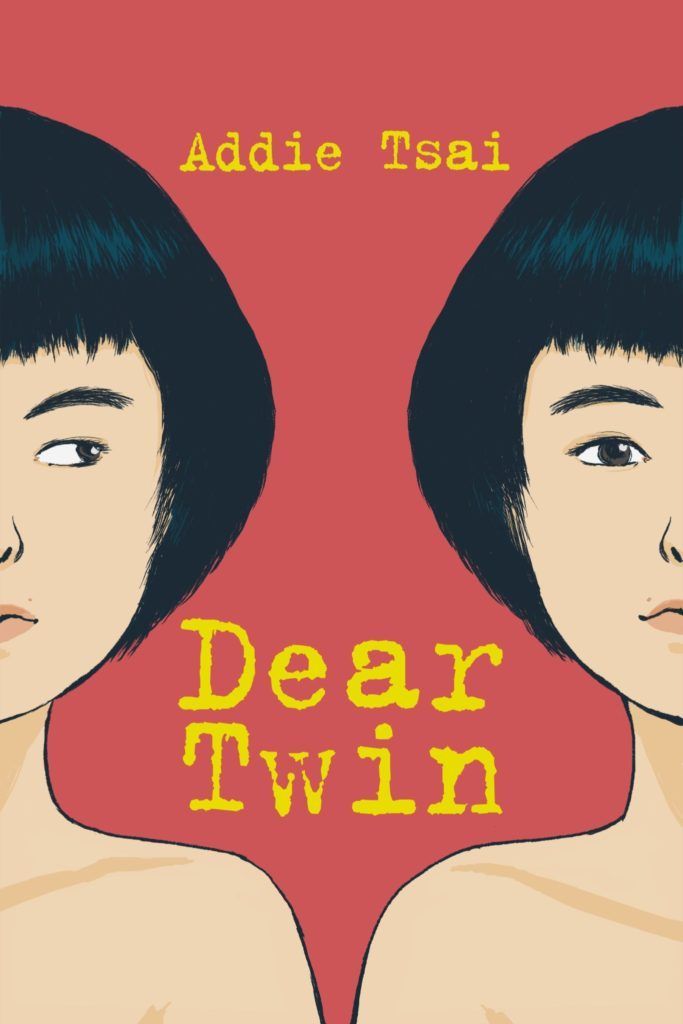
‘Dear Twin’ by Addie Tsai. Cover by Keet Geniza.
Addie Tsai: No books are set in Houston, right? It hadn’t come out by the time I started writing Dear Twin, but even Bryan Washington, a Black queer writer who recently wrote a collection of short stories all based in Houston called Lot, said he got a lot of rejections because it was set in Houston. I think Houston is this very indefinable place that most of the time it’s depicted, it’s depicted in stereotypical ways, or as connected to this Texas trope that doesn’t even make sense: like cowboys, horses, the rodeo, and guns…
Houston, I don’t think most people know what to make of it. I wanted to bring that complexity into the book, and to show a different part of Houston that most people outside of Houston wouldn’t recognize. And the book is really autobiographical so it made sense to me to set it where I was familiar and to give a sense of what it means to actually live in this city. But yeah, it is weird—this city is so diverse, yet I would have all of these uncomfortable racial encounters here, but also I think part of that is about the affordability of this city. If you can imagine people from upstate New York being able to move Manhattan like [snaps] that. The cost of living is low, it’s not that different culturally, and it’s pretty easy to transition. That’s what you have in Houston. It’s getting more expensive now, but at that time, it was very cheap to live here. You had people coming in from East Texas and West Texas, the panhandle and so on, and they were bringing with them these conservative political views. I think Houston is this kind of microcosm of the country in a lot of ways; because every type of person can figure out a way to live here. Which means you’re going to end up with people who have not really been exposed to different races, political leanings, I don’t even know.
A bunch of people who are strangers to each other.
On queer representation
Melanie Pang: About the relationship between Juniper and Poppy, there are so many relationships that you could have created—how did you land on this one?
Addie Tsai: When I wrote that male character initially, it was before Trump. [After the election], when I decided to change the book, I was thinking about representation in a much different way than when I was first conceiving of the book.
I was in New York and I read this book by Alexander Chee called Edinburgh, written by a half-Korean, queer writer, and that was it. I read it, and I immediately started to see Juniper: I envisioned this girl who was exposed and out in a very different way than Poppy would be. And this liminality Poppy was going to experience in her queerness was very important to me because it connected to her bi-raciality. It also connected to her imposter feelings of how she identified, that she was feeling very awkward about her limited experience with girls, but also the fact she was attracted to multiple gender identities, which was my experience. When I came out, I thought to myself, “Oh great! I’m gay, I’m a lesbian!” And then I realized, [sad tone] no, I’m not a lesbian….I just wanted to be one thing, somewhere, in my life—it just wasn’t in the cards for me!
On the book as a letter
Melanie Pang: Is this book a letter [to your own twin]?
Addie Tsai: That’s an interesting question. Maybe. It could be. It will be very interesting to see [whether she reads it, what she makes of it in that way].
Do you want her to [see it as a letter to her]?
Yeah, there is a kind of—even though I didn’t write it thinking of her as the main audience to read it, I’m expressing things in that book, through Poppy, that I have always wanted to say to her but have never felt there was the space to, for many reasons.
On the other hand, it was important to me that I felt it was my book, my story. That’s another way I also aimed to protect her in how I wrote the novel ultimately. It was integral that Poppy never wrote directly about what happened to Lola, the protagonist’s twin. The entire narrative is constructed through what Poppy has witnessed, which, naturally, is limited. She isn’t omniscient…
Poppy wasn’t trying to tell Lola’s story; she was trying to explain that what happened to Lola was obviously very difficult and painful in a way that Poppy could never understand. Also that what happened to Poppy, in terms of being expected to save her and what she had to witness as a twin, was its own trauma and completely different from what Lola experienced.
I do think, in a way, it’s a kind of love letter to my twin, and to our young twinned selves.
Addie Tsai kicks off her reading tour of Dear Twin on November 14, 2019, 6:30 p.m. at Brazos Bookstore in Houston, Texas. For more information visit brazosbookstore.com/event/addie-tsai-dear-twin.


